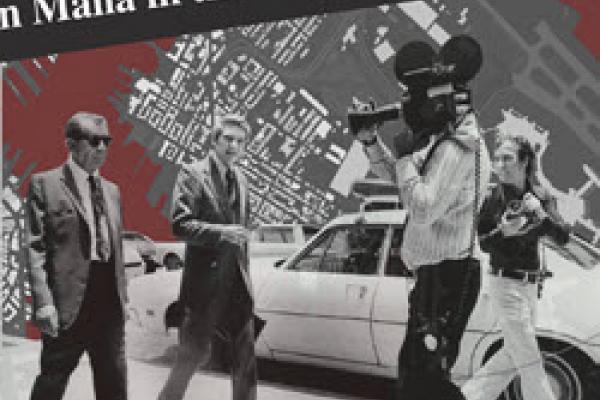
Clio Andris
Assitant Professor
Georgia Tech
We explore a spatial social network (SSN) of the American Mafia in the 1960s using GIS and social network analysis. We find that the network has bi-coastal ties within families and strangers who lived on the same block. We also uncover a strategic mixture of family members in open cities like Miami, and especially South Beach, likely sent to facilitate supply chain management for gambling, and drug, alcohol, cigars, etc. imports from Cuba. We identify high-degree individuals' tendency to live near the center of their respective families, as well as near docks and waterways, ostensibly to oversee overseas trade of olives, cheese, and other goods from Italy. Per the security-efficiency tradeoff theory and characteristics of small-world networks, we find that family-based ties acted more efficiently than non-family based ties, indicating some evidence of top-down organization. We also advance methodologies for spatial social networks (SSNs) in general. These include cluster/cluster matrix, network hotspot analysis, flattening ratio, route factor diagram, and general GIS spatial join and point pattern analysis methods.
